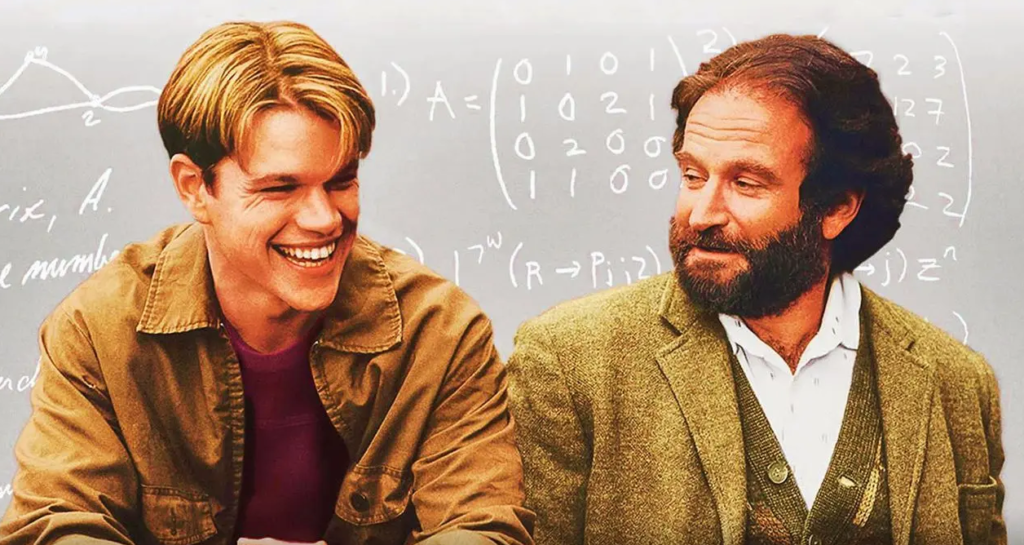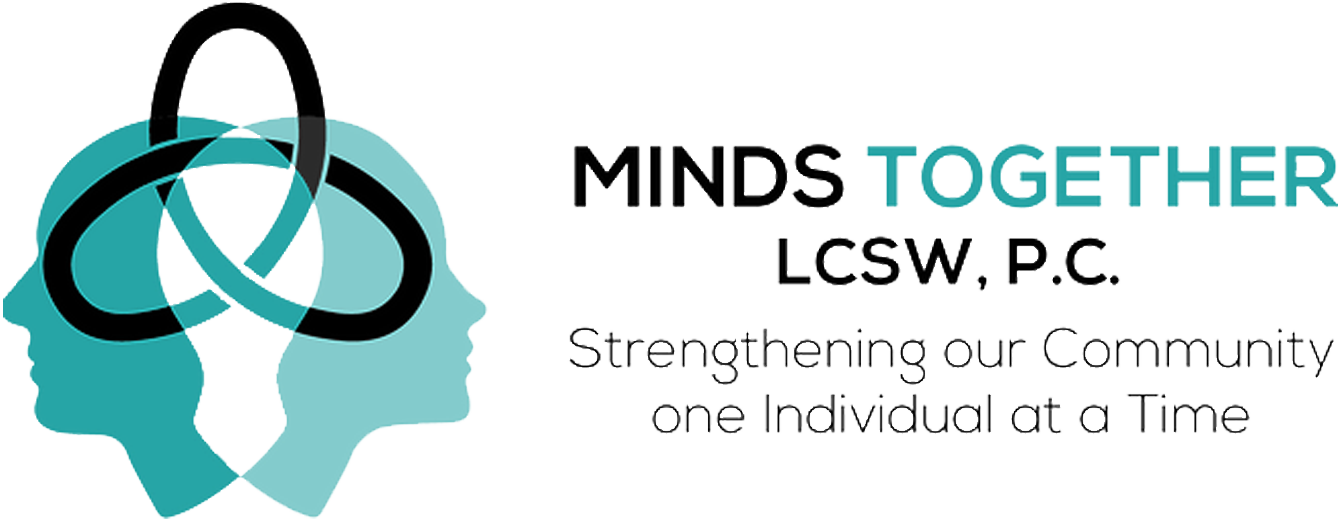Stigmas, Perception, and Culture of Mental Health

When you hear the term “Mental Health,” you are most likely to think about someone who has suffered a mental condition, someone who’s had a breakdown, or any other type of negative connotation associated with “mental health.” After all, when we say that a person is “mental,” it usually means that the person is crazy. In the early 1900s, we saw a wave of authors, philosophers, and psychiatrists who began to challenge these stigmas and perceptions.
Early Philosophers and Their Contributions
These thinkers focused on understanding the power of the mind within oneself and how to achieve untapped potential, allowing individuals to take control of their lives and live as they desired. They discussed subjects such as the subconscious mind, imagination, visualization, the power of belief, and maintaining a healthy self-image. Their works can often be found in the self-help section of bookstores or libraries, and some have delved into deeper spiritual themes, sometimes categorized as ‘new age.’ However, these topics are not new at all. These philosophies are thousands of years old, with roots in ancient texts such as the New Testament Bible.
Napoleon Hill
Napoleon Hill, best known for his book *Think and Grow Rich*, was a pioneer in the field of personal development and self-improvement. He introduced the concept of the “mastermind” group and emphasized the importance of belief and a positive mental attitude. Hill’s work suggested that thoughts could influence outcomes, a radical idea at the time that has since become a cornerstone of motivational literature.
Carl Jung
Carl Jung, a Swiss psychiatrist and psychoanalyst, founded analytical psychology. His work explored the deeper aspects of the human psyche, including the collective unconscious and archetypes. Jung’s theories on individuation, the process of becoming one’s true self, have had a profound impact on both psychology and the broader understanding of human potential and mental health.
Neville Goddard
Neville Goddard was a mystic and self-help author who emphasized the power of imagination in shaping reality. His teachings revolved around the concept that the imagination is God in action and that by visualizing desired outcomes, individuals could manifest their dreams into reality. Goddard’s works, such as *The Power of Awareness* and *Feeling is the Secret*, continue to inspire those seeking to harness their mental power for personal transformation.
Others
Other notable figures include James Allen, author of *As a Man Thinketh*, which explores the power of thought in creating one’s reality, and Joseph Murphy, whose book *The Power of Your Subconscious Mind* delves into the ways in which the subconscious mind can be programmed to achieve success and well-being. These early thinkers laid the groundwork for a deeper understanding of the mind’s potential and its impact on mental health.
The Collective Consciousness and Modern Influences
From the time of Jesus, Confucius, Tao, Napoleon Hill, Jung, and others, to where we are today, the collective conscious mind has been influenced significantly by mainstream media and capitalism. In other words, your mind has been hijacked by external forces, often without your awareness. You are likely a product of the culture where you live, dressing, eating, thinking, and acting like everyone else in your country, town, or city. If you have traveled to a few countries or even a few US cities, you will notice a pattern wherever you go. There is an atomic culture everywhere, driven by our inherent need to belong and be accepted.
The Role of Media and Marketing
Mainstream media, politicians, and your favorite fast-food restaurants have teams that study human psychology and emotions. These marketing teams, researchers, and data analysts work to understand their customers and users, investing millions of dollars to ensure lifelong customer loyalty. While these insights can strengthen a company’s customer retention, they also have a darker side.
Understanding human psychology allows for manipulation and exploitation of our emotional needs. Social media, the news, and movies often capitalize on these insights. For example, social media platforms thrive on users’ desires for a lifestyle depicted by content creators, who showcase the best parts of their lives. This creates a cycle of desire and dissatisfaction, driving users to keep returning to the platform.
The Decline of Mental Health
The prevalence of mentally degrading content and the rise of social media addiction correlate with the decline in mental health. As people become more confused, violence and crime rates increase, and societal divisions deepen, it is crucial to recognize the impact of these external influences on our mental well-being.
Therapy as a Path to Healing
Therapy comes in many forms—physical, light, psychological, or mental. The root word of “therapy” is derived from the Greek word “therapeia,” meaning “healing” or “service.” We live in a time today where healing is desperately needed. The first step to healing is to accept that there may be something wrong with your perception or emotions, whether it be frustration, depression, rage, or lust. These emotions were not inherent but programmed over many years through mainstream media and culture.
On the bright side, you can take your power back. You can reprogram your mind like a computer to your liking, focusing on things that bring true fulfillment and happiness. This lifestyle requires focusing on your mental, physical, and spiritual health.
My Personal Journey with Therapy
I met with a therapist for the first time in 2020. Initially skeptical, my perception was influenced by portrayals in movies like “Good Will Hunting,” where Matt Damon’s character mocks therapists. However, the character played by Robin Williams breaks through by understanding the person behind the tough exterior. Like Damon’s character, I had a rough childhood and built a tough exterior, living most of my life with a chip on my shoulder. It wasn’t until my 30s that I noticed patterns of abandoning people and projects before they could abandon me.
Talking to a therapist helped me understand these patterns were not coincidences but results of years of programming and conditioning. The mind and the human being are like onions, with layers of moments, memories, emotions, and experiences. Therapy helped me connect the dots of my past, allowing me to change my perspective on negative experiences and empower myself.
Conclusion
In my experience, and from reading about many influencers who have contributed positively to society, I realize that most extraordinary people had tough beginnings. These harsh moments often forge strength and courage in the face of adversity. On the other hand, some people play the blame game and live in resentment, never realizing that complaining only attracts negative attention.
It is up to each individual to gather the strength and courage to take control of their lives. Therapy provides a means to explore and heal oneself. Finding a therapist with whom you have a connection can accelerate this process, helping you understand why you think, believe, or act in certain ways.
The mind is the greatest piece of technology on the planet, surpassing even AI, which is merely a representation of human potential. So, take control of your mind and your life. Stop making excuses, take action, and live the life you want to live. Resources are at your fingertips—just get started.

